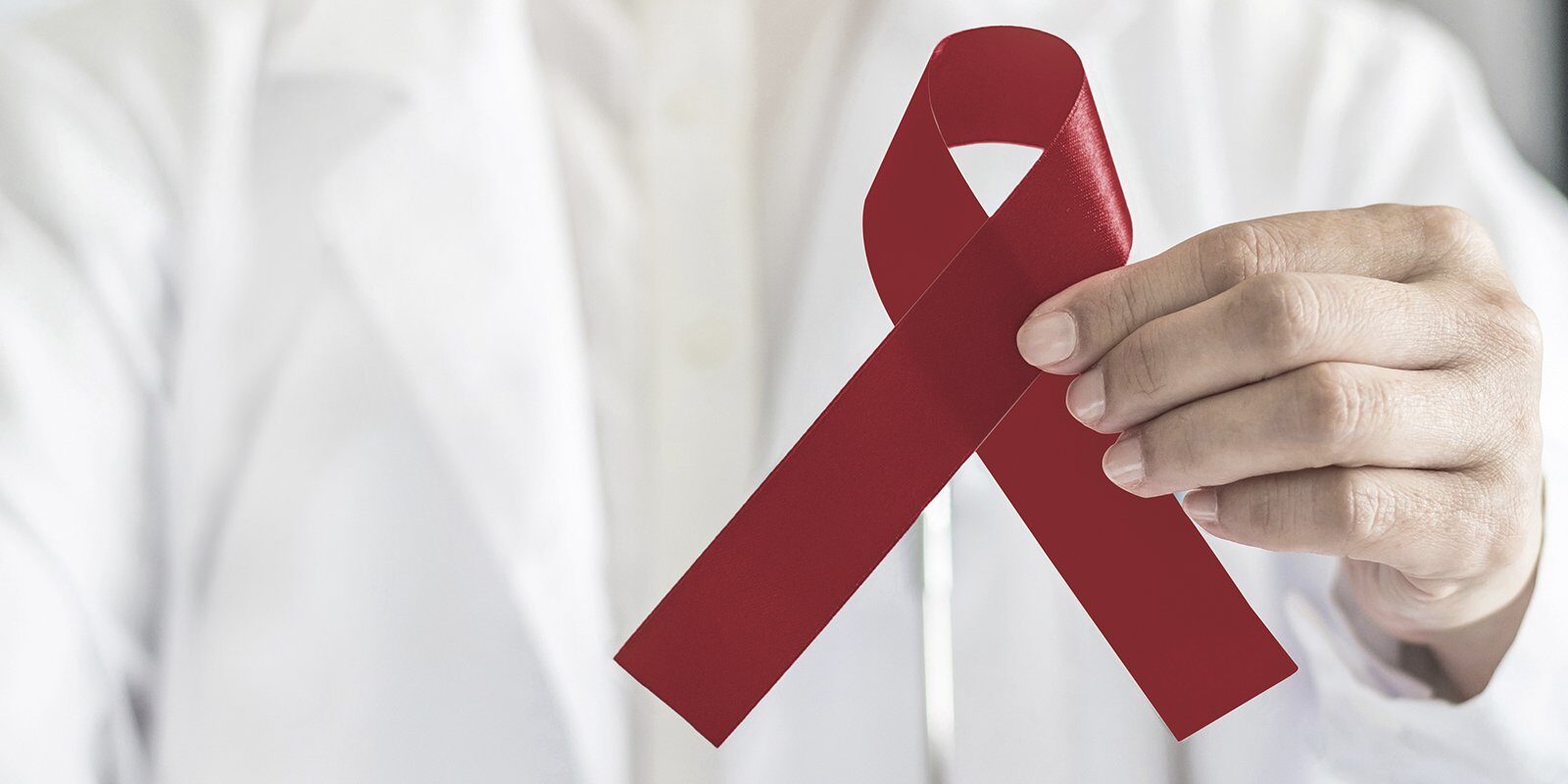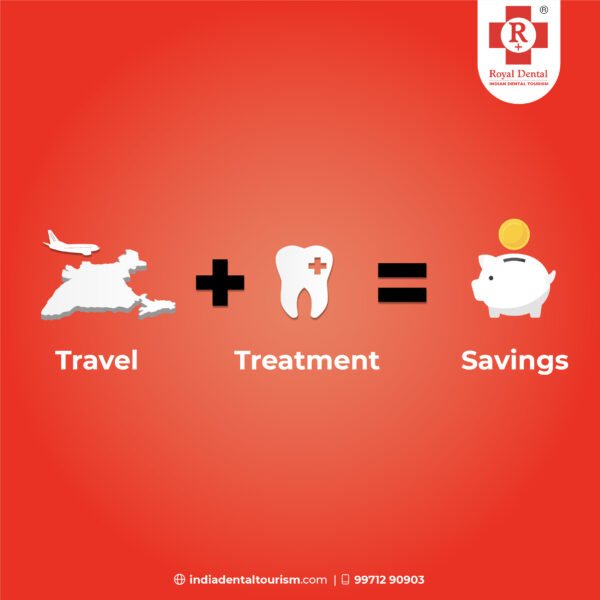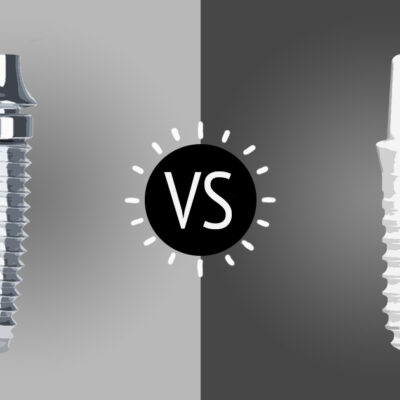The road to recovery after oral cancer surgery can be long and challenging. This is especially true if you’re dealing with the aftereffects of a major surgery. Luckily, there are several ways you can ease this stress and help your body begin the process of healing. After any surgery, it’s common to feel sore or have pain in the part of your body that was operated on. In addition to these common side effects, however, recovering from cancer surgery also brings its own unique challenges. Here’s what you need to know about the healing process after cancer surgery.
Knowing the process is Half the Battle
The first step towards healing after cancer surgery is being aware of the stages of the process. Generally speaking, the healing process is as follows:
- The initial trauma of surgery
- The inflammatory phase (during which your body is healing)
- The proliferative phase (during which you’re building new tissue)
- The maturation phase (when your body is strengthening the newly-built tissue)

During the inflammatory phase, your immune system kicks into high gear. At this point, you’re also at the greatest risk of infection, which can quickly become serious. The proliferative phase is when new cells are formed. During this time, you’re at risk of abnormal or excess growth. The maturation phase is when your body strengthens newly-built tissue. During this phase, you’re also at risk of inflammation.
Taking self care after Oral Cancer Surgery
After any surgery, it’s important to take care of yourself and avoid putting too much stress on your body. This is especially true after a cancer surgery, when your body is already operating at a disadvantage. Some of the most important things to keep in mind after surgery include:

Nutrition: Eating a healthy, balanced diet can help your body recover faster. Make sure to get plenty of fiber and protein, and be sure to avoid too much sugar, which can slow your recovery.
Exercise: It’s important to be sure to get plenty of rest, but gentle physical activity can also help your body recover. Make sure to avoid strenuous exercise until you’re fully recovered.
Rest: Your body needs rest to recover, so be sure to get plenty of sleep. It’s also important to minimize stress as much as possible, which can slow your recovery.
Anaesthesia after Oral Cancer Surgery
Anesthesia can cause pain and discomfort long after the surgery. It is important to manage this discomfort so that it doesn’t interfere with your recovery. Some steps you can take to manage post-surgical pain include:
Take Adequate Pain Medication: Be sure to take your pain medication as prescribed by your doctor. Be aware of any side effects, and be sure to follow dosage instructions carefully.
Remain Hydrated: Dehydration can exacerbate pain. Be sure to drink plenty of fluids, especially water, to stay hydrated.
Stay Calm: Stress exacerbates pain, so be sure to remain calm and relaxed as much as possible.
Recovering from Loss of Muscle Tissue and Atrophy
After any surgery, you’re likely to experience some degree of muscle atrophy. This loss of muscle tissue isn’t a short-term issue that goes away as soon as you recover. Instead, it’s a long-term complication of surgery that will cause your muscles to shrink. Some steps you can take to minimize muscle atrophy during recovery include:
Stay Active: Stay as active as possible during recovery, even if it’s only for brief periods of time each day.
Eat Healthily: Make sure to get plenty of protein in your diet.
Use Assistive Devices: If your surgery caused you to lose muscle strength, you may need to use assistive devices like exercise bands or a knee walker.
Recovery from Nerve Damage and Loss of Tissue
Nerve damage is a common complication of surgery, especially in areas like the abdomen, where there are many nerves. Some steps you can take to minimize nerve damage during recovery include:
Stay Active: Stay active and engaged in activities as much as possible.
Wear Compression Garments: You may need to wear compression garments to help reduce swelling in your body.
Take Medication: You may need to take anti-inflammatory medications to reduce swelling in your body.
Recovery From Digestion Issues
After any surgery, it’s normal to experience some difficulty with digestion. You may need to change the way you eat and may experience pain, nausea, bloating, and gas. Some steps you can take to minimize digestive issues during recovery include:
Eat Small Meals: Eat small, frequent meals, as opposed to three large meals, to minimise digestive issues.
Avoid Excess Alcohol: Excessive alcohol can exacerbate digestive issues, so it’s important to be careful with your alcohol intake.
Try Natural Remedies: There are a variety of natural remedies that can help with digestive issues. Try peppermint oil, ginger, or aloe vera for example.
Recovery from Blood Loss and anaemia
Fortunately, anaemia is usually temporary after surgery. However, it’s important to be aware of the signs and symptoms of anaemia so you can get treatment early. Some signs and symptoms of anaemia include:
Fatigue: Anaemia can cause fatigue. Be sure to get plenty of rest while recovering so that you can recover fully.
Shortness of Breath: When you don’t have enough red blood cells in your body, it can cause shortness of breath.
Dizziness: When you don’t have enough red blood cells in your body, it can cause dizziness.
Tips for a Recovery After Oral Cancer
There are a few things you can do to help speed up the recovery process and minimize post-surgery complications. Make sure to:
Stay Active: Make sure to stay active during recovery, but don’t overdo it.
Hydrated: Be sure to stay hydrated throughout the recovery process.
Positive: Stay positive and relaxed, even when recovery may seem challenging.
Follow Us For More Updates





